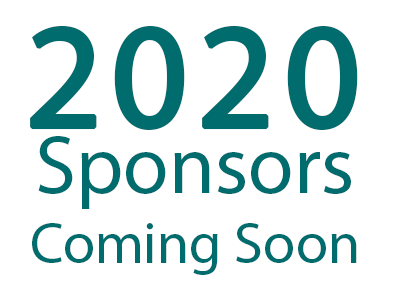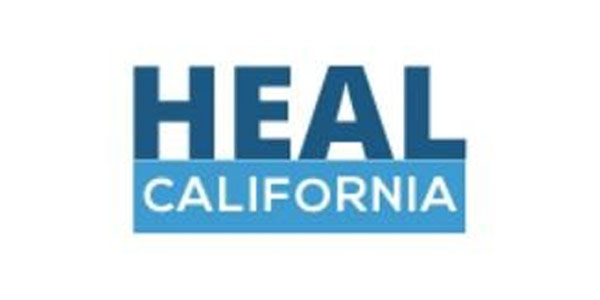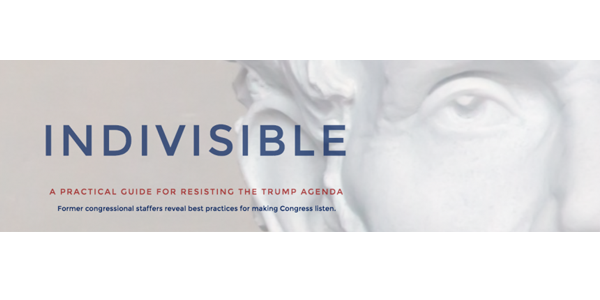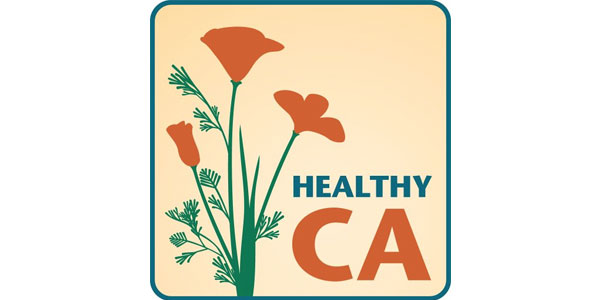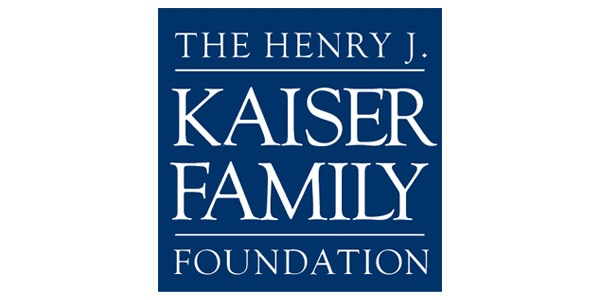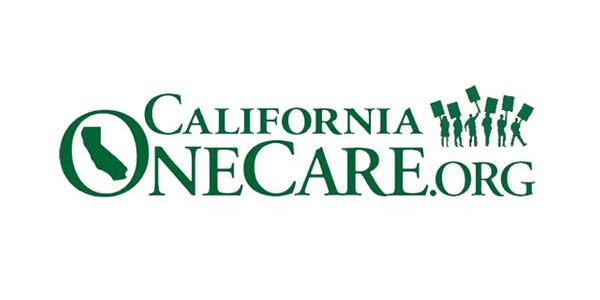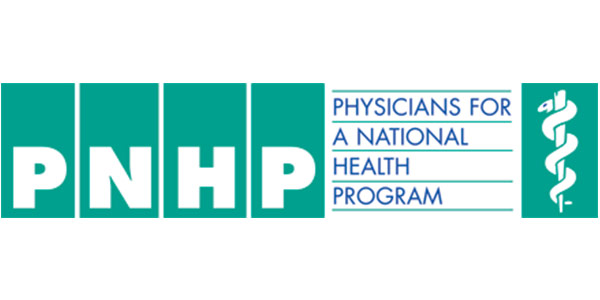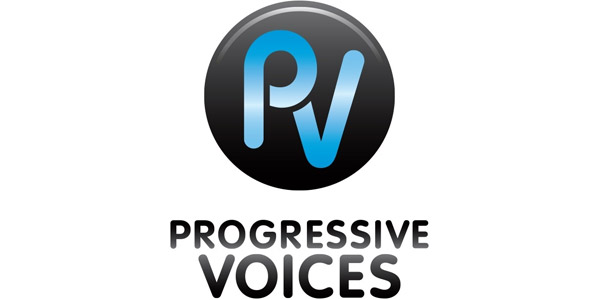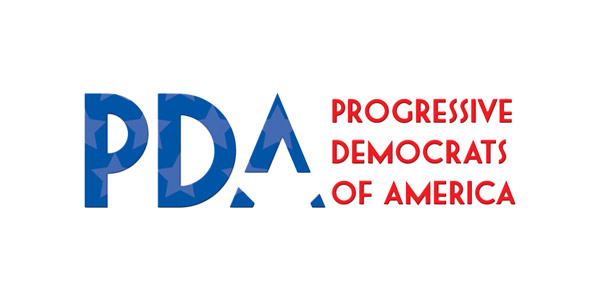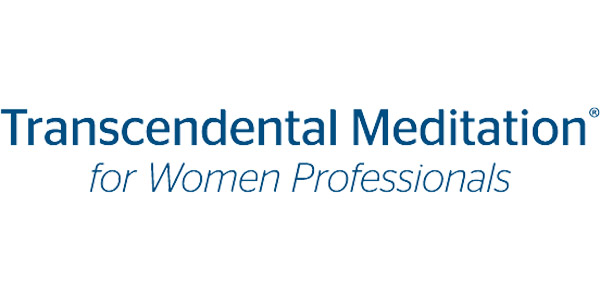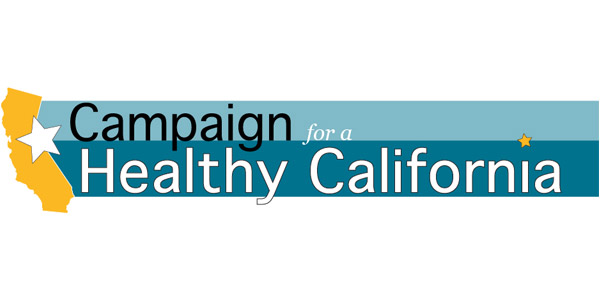
Strokes: False Facts and a Quiz

By now, so many months later, I’ve heard mostly everything that has been said about strokes, including upsetting rumors, dreadful untruths, and uplifting myths. Let’s take these issues one at a time. The comments in parentheses are mine. I’ll give you examples, too, even though it’s sort of painful to do so. But, hey. I’m here to teach you about strokes, so I’m obligated. But it’s so hard to hear that stuff, from people who just don’t know.
Upsetting rumors
When I was at Rehab X, I overheard (yes, I was eavesdropping) two stroke patients conversing.
“Could I get worse than this?”
“Sure. I heard from a nurse that sometimes, a stroke can turn into measles.” (Measles come from a virus. The nurse doesn’t know jack! The scary thing is, why doesn’t she know?)
Or this one, heard from a CNA:
“If you don’t brush your hair regularly, you’ll lose most of it.” (Hair loss comes about for many different reasons, and one of them is trauma. If you’re “out of the woods” as far as strokes are concerned, most likely your hair will grow back).
Dreadful untruths
Untruth: A stroke survivor who was giving a talk said, “Stroke patients die more often than not.”
Truth: Nope. They don’t. (In fact, the ratio is 5 to 1, that is, people who live as opposed to people who die from a stroke).
Untruth: Heard from a doctor, “Stroke victims are likely to be depressed for at least five years.”
Truth: I thought of suicide, and here I am, alive. (It’s more accurate to say, “Stroke victims have those days where everything seems to be going wrong. But doesn’t everybody?”)
Uplifting myths
A physiatrist once told me, “You were a piano player before your stroke? Well then, if your hands are stretched already, you’ll be playing soon.” (Yeah, right!)
Or this one from a therapist: “You have a lot of dexterity in your fingers. You’ll be OK.” (The therapist gave me hope–false hopes).
Of course, all this stroke talk about rumors, untruths, and myths prompts the question, how much do you really know about strokes? I want you to take a quiz on strokes, brought to you, in part, by the University of Virginia, and the other part by me, if you’re up to it. You may be having a bad hair day, so come back and take the quiz later. But promise me you’ll take it, sooner than later. Cover the answers with paper and then reveal them one at a time to see how well you did on the quiz. Or you can cheat. Whatever. Either way, I hope you’ll remember what this quiz is telling you. Here goes:
1. Which of the following is NOT a stroke symptom?
A. Sudden weakness, numbness or inability to move a body part
B. Sudden blurred or fuzzy vision
C. Sudden very painful headache
D. Sudden crushing pain in the chest
E. Sudden inability to talk or understand others
F. Sudden dizziness or loss of balance
D is the correct answer. Sudden crushing pain in the chest is a sign of a heart attack (or indigestion), not of a stroke.
2. A stroke usually comes on gradually.
A. True
B. False
B is the correct answer. A stroke is sudden, and if you’re convulsing and go into a coma, as I was, then you’ll find out later.
3. If you or someone else experiences any of these stroke symptoms, what should you do first?
A. Call 9-1-1.
B. Call your family doctor.
C. Call a family member or someone else who can help.
D. Take an aspirin and lie down.
A is the correct answer. Calling 911 brings the rescue squad. Once they arrive and you are on your way to the hospital, if need be, you can call your doctor or a family member. Don’t take an aspirin, because it can make some types of strokes, like a hemorrhagic stroke, worse. And though this wasn’t one possible answer, don’t attempt to drive yourself to the ER or take someone there. Paramedics and EMTs are trained to assess strokes and can telephone or radio hospital staff that you’re on your way. Do you want to drive and be called a doofus for the rest of your life?
4. If you aren’t sure whether you are having a stroke:
A. Call 9-1-1.
B. Call your family doctor.
C. Take an aspirin and lie down.
D. Call a family member or someone else who can help.
Same answer–911. Same response on doofus, too.
5. It is important that you call 9-1-1 immediately if you have stroke symptoms because:
A. You cannot be given “clot-busting” drugs more than 3 hours after symptoms begin.
B. A bleed in the brain may require immediate surgery.
C. The hospital will know you are coming and be ready for you as soon as you arrive.
D. The earlier you are treated, the more likely you are to improve.
E. All of the above
E is the correct answer. When the rescue squad arrives, the EMTs and paramedics will assess your status. Then they can let the ER know you are on your way and the doctors can be prepared to give you tests to learn whether you are having a stroke. If you are, they may be able to give you a “clot-busting” drug if the symptoms began less than 3 hours earlier. If you’re bleeding in your brain, a neurosurgeon may want to operate right away. If you’re having a stroke, and you didn’t go to medical school, let the doctors do their thing. You have no choice.
6. Which of the following is true?
A. “Clot-busting” drugs can help strokes.
B. A stroke caused by bleeding requires immediate attention by a neurosurgeon.
C. Stroke symptoms are almost always reversible.
D. Doctors can’t do much to cure a stroke.
E. A and B
E is the correct answer. Stroke symptoms often can be minimized if you are able to receive “clot-busting” drugs. If you are bleeding into your brain, you may need emergency neurosurgery. The sooner, the better when it comes to stroke patients.
7. It is best to receive treatment at a hospital that offers: Clot-busting drugs, Neurosurgery, a 24-hour-a-day “stroke team”, a neuro-intensive care unit, and a wing that specializes in caring for stroke patients.
A. True
B. False
A is the correct answer. All of the above-listed elements are necessary.
8. To prevent a stroke:
A. Take your blood pressure medicine.
B. Stop smoking.
C. Eat foods low in fat and salt.
D. Get screened for blood pressure, diabetes and cholesterol.
E. A, B, and D
F. All of the above
F is the correct answer. They are all important to preventing stroke. So come on. Get with the program!
9. Doing everything you can to prevent a stroke will also help you prevent or control:
A. Heart disease
B. Diabetes
C. Some types of cancer
D. Liver disease
E. A and B
F. All of the above
F is the correct answer. A healthy lifestyle will help you control or prevent all of the above–and more!
10. How do you speak to a stroke patient?
A. By speaking loudly
B. By speaking softly
C. By speaking slowly
D. None of the above
E. All of the above
D is the correct answer. Unless the stroke survivor has a hearing problem or a cognitive disorder, speak as if you were speaking to anyone else. Check out my post entitled, “The Top Ten Things You Should Never Say or Do to a Stroke Patient–5/17/11.” Really.
I’m not going to ask how you did on the quiz, but if you didn’t get a perfect score, take it over again. If you did get a perfect score, take the quiz over again anyway. Damn it. You owe it to yourself.

